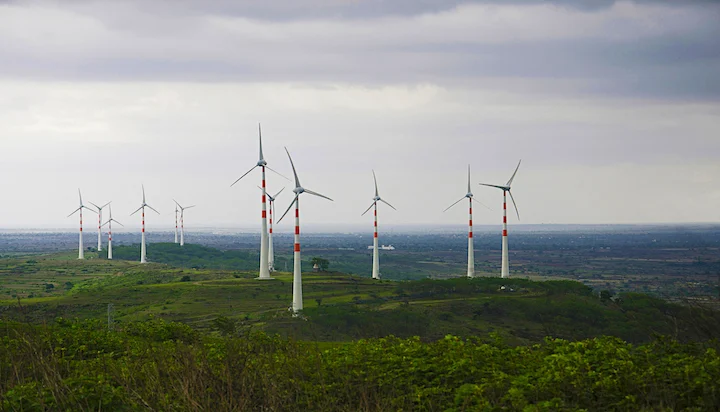With plans of sustainable development and implementing mitigation measures amid the threat of climate change, BMC budget for 2022-23 has focused on new projects aiming towards ‘Net Zero’ (zero emission of greenhouse gas).
Curbing air pollution, pushing for electric vehicles and charging stations, setting up an independent climate action cell (CAC) as well as seeking energy efficiency and urban greenery are some of the key announcements made in the budget speech of Municipal Commissioner I S Chahal on Thursday.
Acknowledging the impact of climate change in the city, Chahal said that BMC is taking steps to make Mumbai carbon neutral. “The BMC is acutely aware of the environment responsibilities and hence, it will continue work on mitigation, adaptation, carbon sequestration and carbon neutrality to avoid getting closer to the tipping point through unprecedented transition and abrupt changes.”
While the BMC had announced that a CAC will be set up in last year’s budget, an allocation of Rs 1 crore has been made in 2022-23 for the first time.
Mumbai’s Climate Action Plan (MCAP) will focus on climate, air pollution risks and vulnerability assessment; greenhouse gas inventory summarising key sources of emissions and inventory of natural green cover that will help reduce emission of carbon dioxide. The MCAP is likely to be ready by mid of February.
The budget has highlighted extreme weather events due to climate change and the vulnerability of Mumbai, which has been built extensively on reclaimed land from the sea. Last year, during the launch of MCAP, Chahal had acknowledged that a major part of south Mumbai could face submergence by 2050 due rise in sea level.
For air pollution measures, the BMC has proposed to set up 128 sensor-based systems to check the air quality within 4 sq km. It has already installed ambient air quality monitoring machines in five locations. Procurement of e-sweeping vehicles, running cemeteries on piped natural gas (PNG) and constructing eco-friendly wood pyre cremation systems to reduce air pollution have also been encouraged.
Other steps being taken are induction of electric vehicles in BEST and for the use of BMC departments, as well as installation of charging stations.
The civic body has come up with an electric vehicle charging stations’ policy, under which charging points would be set up at 30 public parking lots.
The solid waste management department plans to use electric vehicles for garbage pick-up. It will also install 100 EV charging stations at its properties. Chahal had said that 4,000 electric buses will be introduced as part of air pollution measures in BEST.
For urban greenery, BMC has set a target of planting 4 lakh Miyawaki trees. So far, 3 lakh have been planted. It has also allocated Rs 5 crore for initiatives to save energy, along with installation of efficient lamps and solar lights. The BMC is expected to get 100 MW clean energy from hydro and solar power plants at Middle Vaitarna dam.
Environmentalists expressed satisfaction over the allocations but asked for immediate measures. “This budget seems to highlight a welcome shift by the BMC to spend money on environmental issues. However, it should have focussed more on immediate measures. The budgetary provisions always existed but this time there are specific allotments, which means there is more money available with BMC to do something more for the city’s ecology,” said Stalin D, Director of Vanashakti.
Source: indianexpress.com









